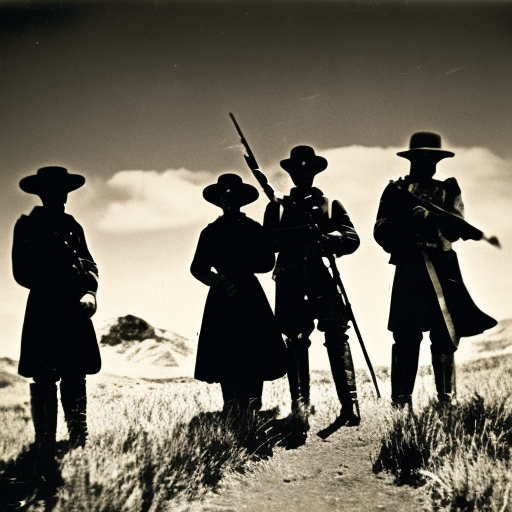Summary:
The Boer Wars were two conflicts fought between the British Empire and the Boers, descendants of Dutch settlers, in South Africa. The First Boer War took place from 1880 to 1881, while the Second Boer War occurred from 1899 to 1902. Both wars were characterized by guerrilla tactics, sieges, and significant casualties. The conflicts had far-reaching consequences for South Africa, leading to the establishment of British dominance in the region and the eventual formation of the Union of South Africa.
The First Boer War (1880-1881):
The First Boer War was sparked by tensions between the Boers and the British over the annexation of the Transvaal region. The Boers, led by Paul Kruger, revolted against British rule. The conflict began with a Boer victory at the Battle of Bronkhorstspruit, where they defeated a British detachment. The Boers then laid siege to British garrisons in various towns, including Potchefstroom and Pretoria. The British suffered several defeats and were forced to negotiate a peace treaty, the Pretoria Convention, which recognized the independence of the Transvaal.
The Second Boer War (1899-1902):
The Second Boer War was a more protracted and brutal conflict. It was triggered by tensions over British influence in the Transvaal and the discovery of gold in the region. The Boers, under the leadership of Paul Kruger and later Louis Botha, launched pre-emptive strikes against British forces. The war began with a series of Boer victories, including the sieges of Ladysmith, Mafeking, and Kimberley. However, the British, under the command of Lord Roberts and later Lord Kitchener, implemented a scorched-earth policy and established concentration camps to control the Boer population.
The British employed blockhouses, barbed wire, and a network of railways to counter the Boer guerrilla tactics. The war took a heavy toll on both sides, with significant casualties and widespread destruction. The British eventually gained the upper hand and captured the Boer capitals of Pretoria and Bloemfontein. The conflict concluded with the Treaty of Vereeniging, which ended Boer resistance and brought the Transvaal and Orange Free State under British control.
Consequences:
The Boer Wars had profound consequences for South Africa. The conflicts highlighted the military prowess of the Boers and exposed weaknesses in the British military. The British implemented reforms in their military tactics and administration as a result. The wars also had a significant impact on the Boer population, with thousands of Boer civilians dying in British concentration camps.
The aftermath of the wars led to the formation of the Union of South Africa in 1910, which brought together the former Boer republics and British colonies. The Union granted limited self-government to the Boers but maintained British control over key aspects of governance. The wars also contributed to the rise of Afrikaner nationalism and the eventual implementation of apartheid policies in South Africa.
In conclusion, the Boer Wars were two conflicts fought between the British Empire and the Boers in South Africa. The wars resulted in British dominance in the region and the eventual formation of the Union of South Africa. The conflicts were characterized by guerrilla tactics, sieges, and significant casualties. The wars had far-reaching consequences, including military reforms, the loss of Boer civilian lives, and the rise of Afrikaner nationalism.












